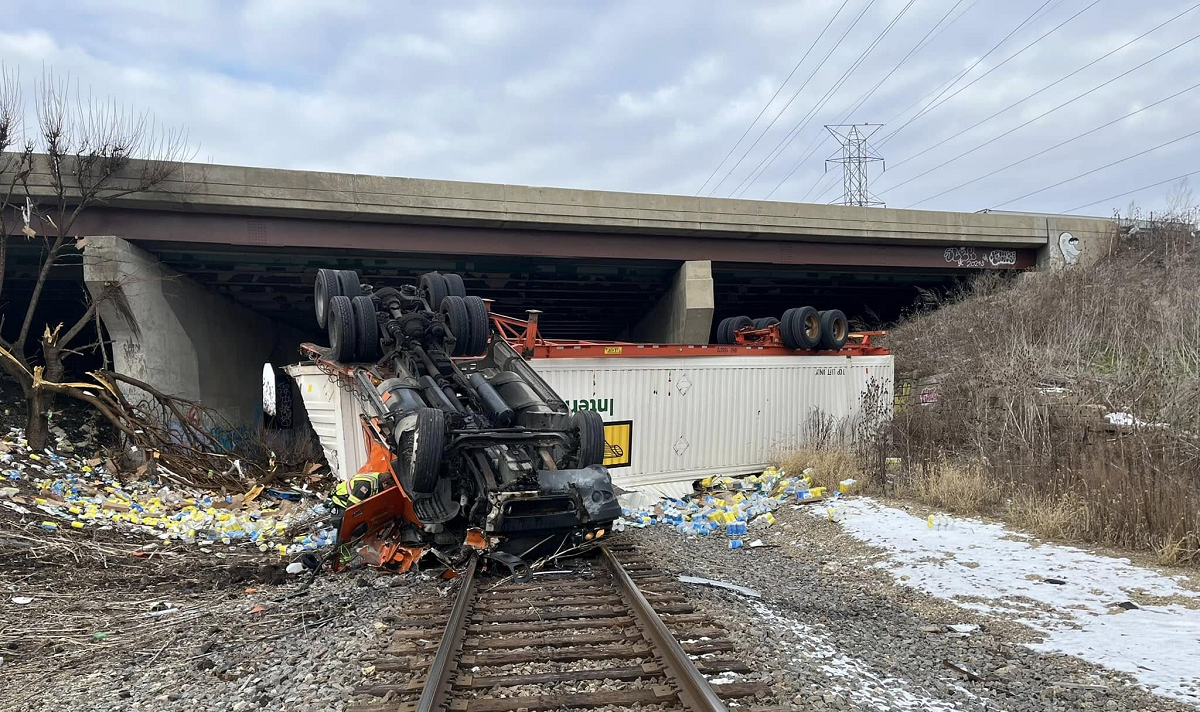For a time, drones were associated with violent warfare, a way to take out targets in the war on terror, but that has changed as drones are quickly becoming a part of daily life.
Drones are peaking the curiosity of many and now they’re affordable and easily available to hobbyists and remote-control enthusiasts.
“Well, my first reaction is it’s the coolest thing I’ve ever seen,” said suburban Chicago resident Paul Baumgartner. “I want one.”
And it's not just hobbyists looking to embrace the new technology. Police in Illinois can now use drones, but only under legislation signed by the governor which restricts the use to emergency cases only, or after getting a search warrant.
“We’ve been pursuing a drone for about two years now,” said Cook County Sheriff Tom Dart. “You can do so much more than you can presently do with one helicopter that we currently split with the city of Chicago for the entire county.”
Drones, or unmanned aerial vehicles, are operated from the ground by a "pilot" using radio frequencies to gain control.
Dart believes embracing the technology will save lives, noting they can be used to search immediately for missing people or monitor suspected criminals from a distance.
Local
“It’s a way to catch people,” said resident Sandy Collier.
Just last month, Chicago Ald. George Cardenas (12th) tweeted the idea of Chicago using drones.
“I want to lower costs,” he said. “That would be my end game.”
He believes they can ease traffic congestion and keep an eye on large crowds, replacing the need for people and saving a cash-strapped city money.
"We just have to inform the public," Cardenas said. "And, to me, when I tweeted it it was just to inform and start a debate about it and I sure did."
While some residents said the drones could be borderline invasion of privacy, the benefits are obvious.
"I think it’s again the whole big brother thing, but there certainly could be some good use out of it like fighting crime," Baumgartner said.
The American Civil Liberties Union also has concerns about privacy and believes citizens will need to be monitored as the devices become readily available.
"A helicopter flying over my backyard I’m going to notice, but one of these small devices at 200 feet, just off of my backyard, I might not notice that," said ED Yohnka with the ACLU. "What about my neighbor? You know you can buy these things on the Internet. You can take them -- I can take it right now and fly it over my neighbor’s backyard. What does that look like in terms of what kind of regulations?"



